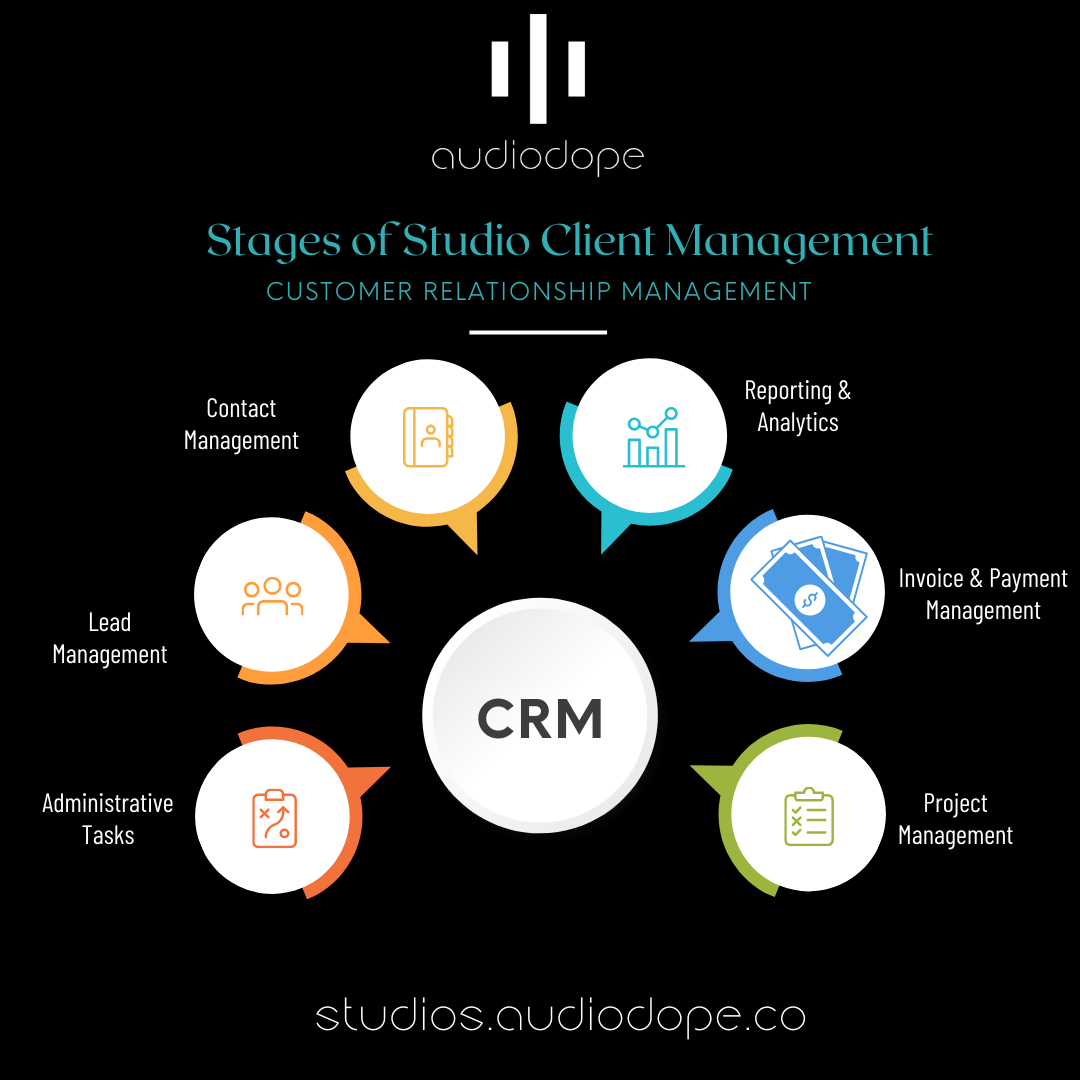Why you need a CRM for your Recording Studio

Are you tired of managing your recording studio's clients, projects, and finances manually? It's time to streamline your operations and take your studio to the next level with a Recording Studio CRM.
At AudioDope, we understand the challenges studio owners face when it comes to organization and efficiency. That's why we're here to introduce you to the power of a Recording Studio CRM.
A Recording Studio CRM (Customer Relationship Management) software is designed specifically for recording studios to simplify and automate various tasks. From managing client relationships and project details to tracking payments and scheduling, a CRM can revolutionize your studio's workflow.
By implementing a CRM system, you can consolidate all your client data, track project progress, and stay organized with ease. With built-in features like email integration, task management, and calendar syncing, you can ensure seamless communication with clients and team members.
In addition to increasing efficiency, a Recording Studio CRM can also help you nurture client relationships, provide personalized experiences, and ultimately boost customer satisfaction. So, stop struggling with manual paperwork and start maximizing your studio's potential with a Recording Studio CRM today.
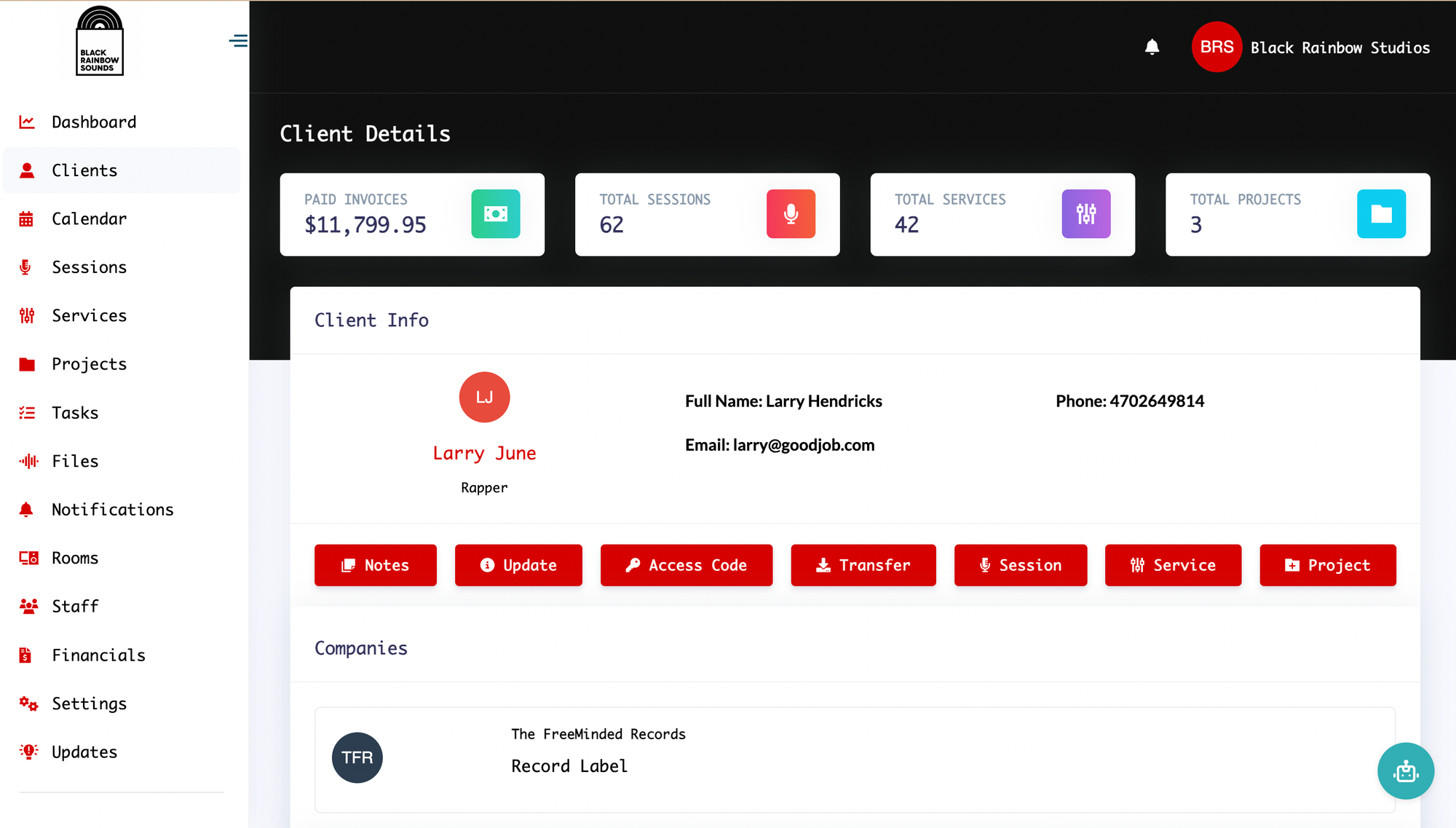
Benefits of using a recording studio CRM
A recording studio CRM offers numerous benefits that can significantly enhance your studio's operations and overall success.
First and foremost, a CRM allows you to centralize all your client data in one place. Gone are the days of searching through countless spreadsheets and documents to find client contact information, project details, or payment records. With a CRM, you can easily access all this information with just a few clicks.
Additionally, a recording studio CRM provides a comprehensive overview of your studio's projects. You can track the progress of each project, assign tasks to team members, and set deadlines, ensuring that everything stays on track. This level of organization not only improves efficiency but also reduces the chances of missed deadlines or miscommunication.
Furthermore, a CRM enables you to automate various processes, saving you time and effort. From sending automated email reminders to clients about upcoming sessions to generating invoices and tracking payments, a CRM takes care of these tasks for you. This automation allows you to focus on what you do best – creating music.
Overall, using a recording studio CRM can help you streamline your workflow, improve client relationships, and increase productivity. It's a powerful tool that no modern studio should be without.
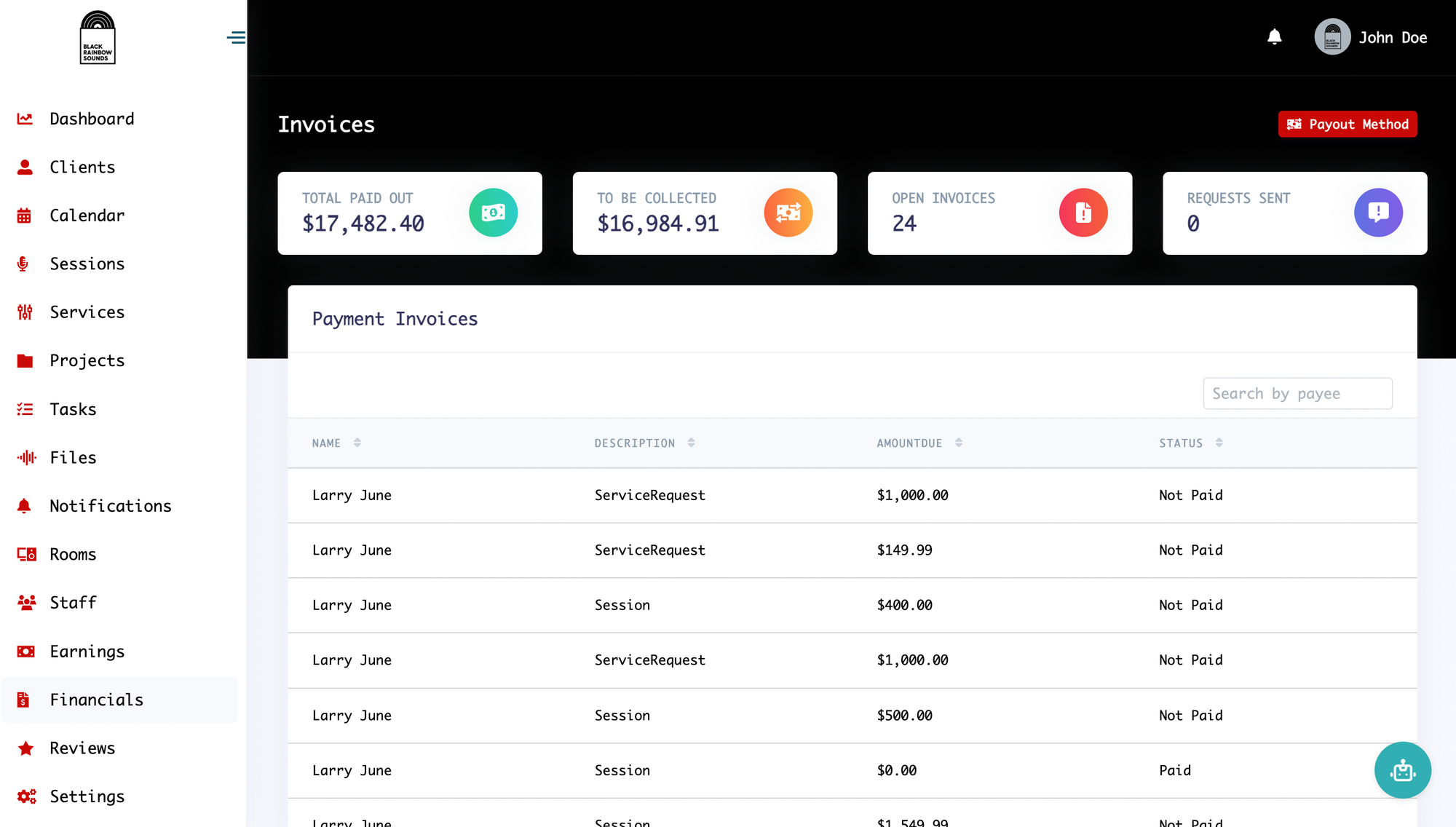
How a recording studio CRM can streamline your workflow
Managing a recording studio involves juggling multiple tasks and staying on top of numerous details. A recording studio CRM can help streamline your workflow by providing a centralized platform for managing all aspects of your studio's operations.
One of the key ways a CRM streamlines your workflow is by consolidating client data. Instead of having client information scattered across different platforms or in various documents, a CRM brings everything together in one place. This means you can easily access contact details, project notes, and communication history with just a few clicks.
A CRM also simplifies project management by allowing you to track the progress of each project in real-time. You can assign tasks to team members, set deadlines, and monitor the status of each task. This visibility ensures that everyone is on the same page and helps prevent any delays or miscommunication.
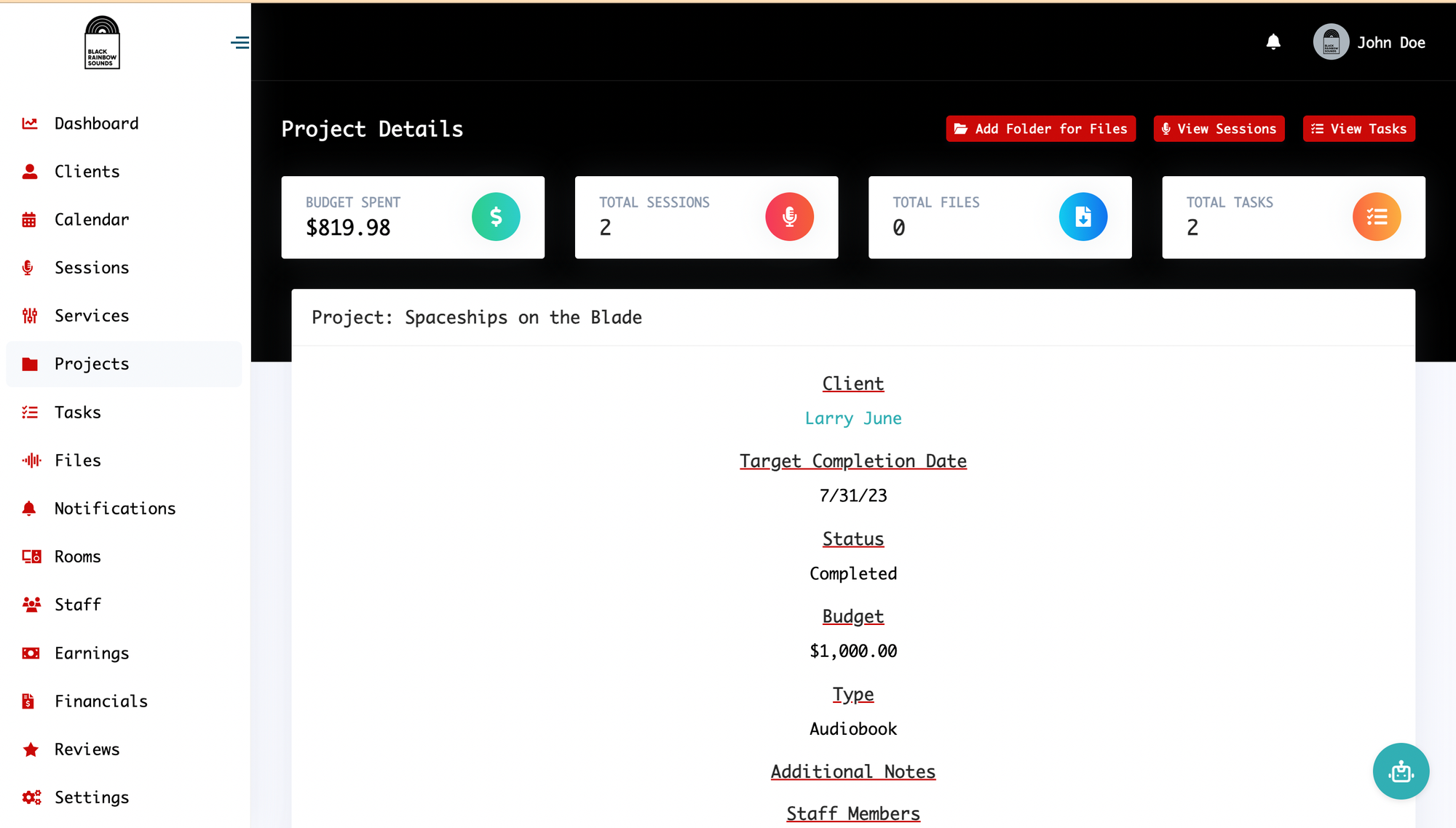
Furthermore, a recording studio CRM enables seamless collaboration with clients and team members. With features like email integration and task management, you can communicate effectively, share files, and keep everyone updated on project developments. This eliminates the need for back-and-forth emails or phone calls, saving you time and ensuring everyone stays informed.
In addition to streamlining communication and project management, a CRM also simplifies financial tracking. You can easily generate invoices, track payments, and monitor your studio's financial health in one place. This eliminates the need for manual bookkeeping and reduces the chances of errors or missed payments.
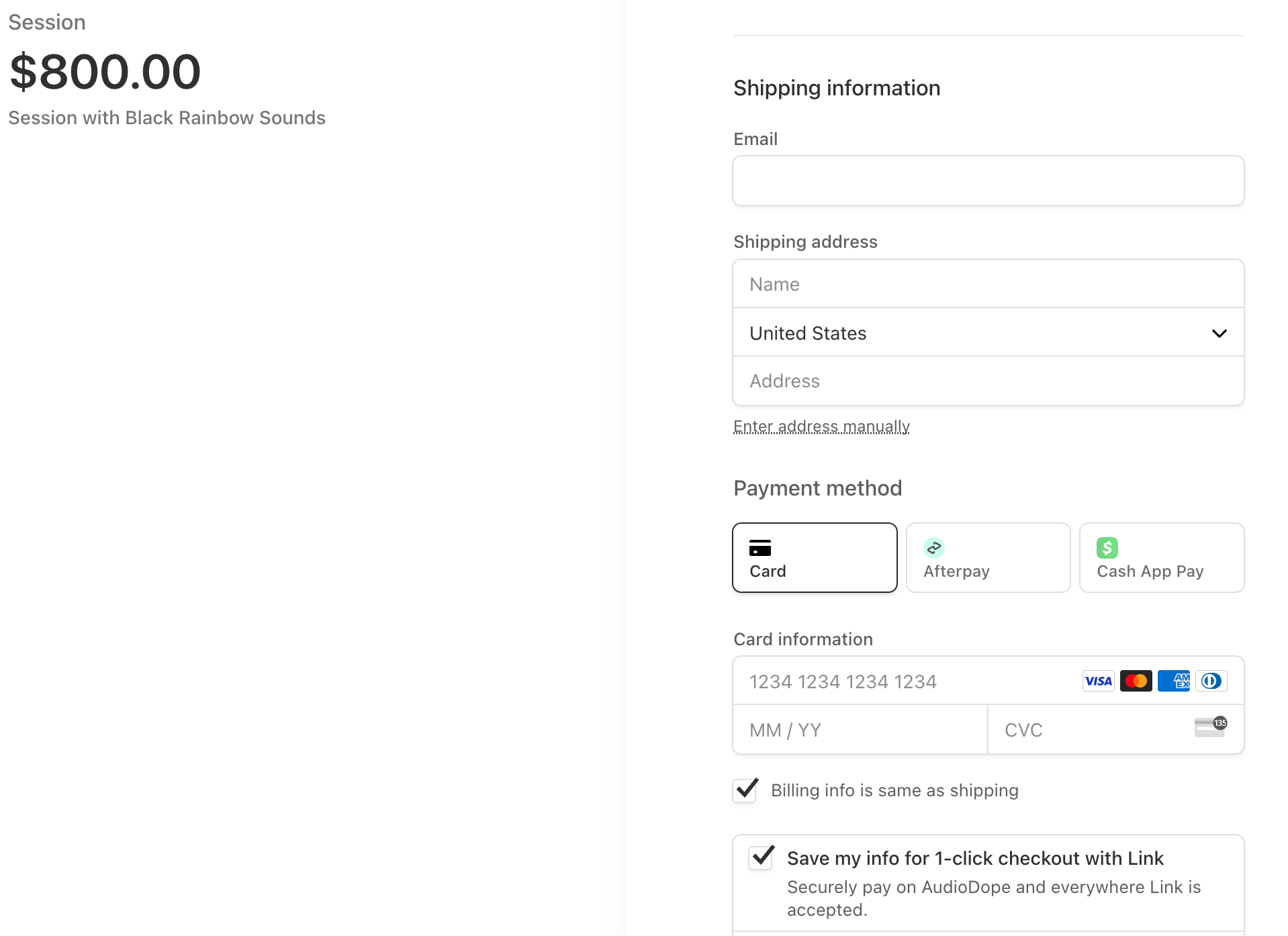
By streamlining your workflow with a recording studio CRM, you can save time, improve efficiency, and focus on what matters most – creating great music.
Features to look for in a recording studio CRM
When choosing a recording studio CRM, it's important to consider the features that will best suit your studio's needs. Here are some key features to look for:
1. Client management: A CRM should provide a comprehensive client management system, allowing you to store and organize client contact information, project details, and communication history.
2. Project management: Look for a CRM that offers project management features like task assignment, deadline tracking, and progress monitoring. This will help you stay on top of your studio's projects and ensure smooth collaboration.
3. Email integration: Email integration allows you to send and receive emails directly from the CRM, eliminating the need to switch between platforms. This ensures that all communication with clients and team members is centralized and easily accessible.
4. Calendar syncing: A CRM with calendar syncing capabilities enables you to sync your studio's schedule with your personal calendar. This ensures that you never miss an appointment or double-book a session.
5. Financial tracking: Look for a CRM that offers financial tracking features like invoicing, payment tracking, and expense management. This will help you stay on top of your studio's finances and ensure accurate bookkeeping.
6. Reporting and analytics: A CRM with reporting and analytics capabilities allows you to gain valuable insights into your studio's performance. You can track key metrics, analyze trends, and make data-driven decisions to improve your operations.
Remember, the features you prioritize will depend on your studio's specific needs and workflows. Take the time to evaluate different CRM options and choose the one that aligns best with your requirements.
Choosing the right recording studio CRM for your needs
Choosing the right recording studio CRM is crucial to ensure that it meets your studio's unique requirements. Here are some factors to consider when making your decision:
1. Ease of use: Look for a CRM that is intuitive and user-friendly. It should be easy for you and your team to navigate, with a clean interface and clear instructions.
2. Customization options: Consider a CRM that allows you to customize fields and workflows to match your studio's specific needs. This flexibility ensures that the CRM adapts to your existing processes, rather than forcing you to change them.
3. Integration capabilities: If you already use other software or tools in your studio, ensure that the CRM integrates seamlessly with them. This will prevent any disruptions to your workflow and allow for a smooth transition.
4. Scalability: Choose a CRM that can grow with your studio. As your studio expands, you'll need a CRM that can handle an increasing number of clients, projects, and team members.
5. Customer support: Look for a CRM provider that offers reliable customer support. They should be responsive to your queries and provide assistance when needed.
6. Cost: Consider your budget when choosing a CRM. While it's important to invest in a quality CRM, make sure it aligns with your financial resources.
By carefully evaluating these factors and considering your studio's specific needs, you can choose the right recording studio CRM that will enhance your operations and drive your studio's success.
Implementing a recording studio CRM in your studio
Implementing a recording studio CRM involves a few key steps to ensure a smooth transition and successful adoption:
1. Evaluate your current processes: Before implementing a CRM, assess your studio's existing processes and workflows. Identify areas that need improvement or automation and determine how a CRM can address those needs.
2. Choose the right CRM: Select a CRM that aligns with your studio's requirements and offers the features you need. Consider factors like ease of use, customization options, and integration capabilities.
3. Migrate data: Once you've chosen a CRM, it's time to migrate your existing data. This may involve importing client contact information, project details, and financial records from your current systems.
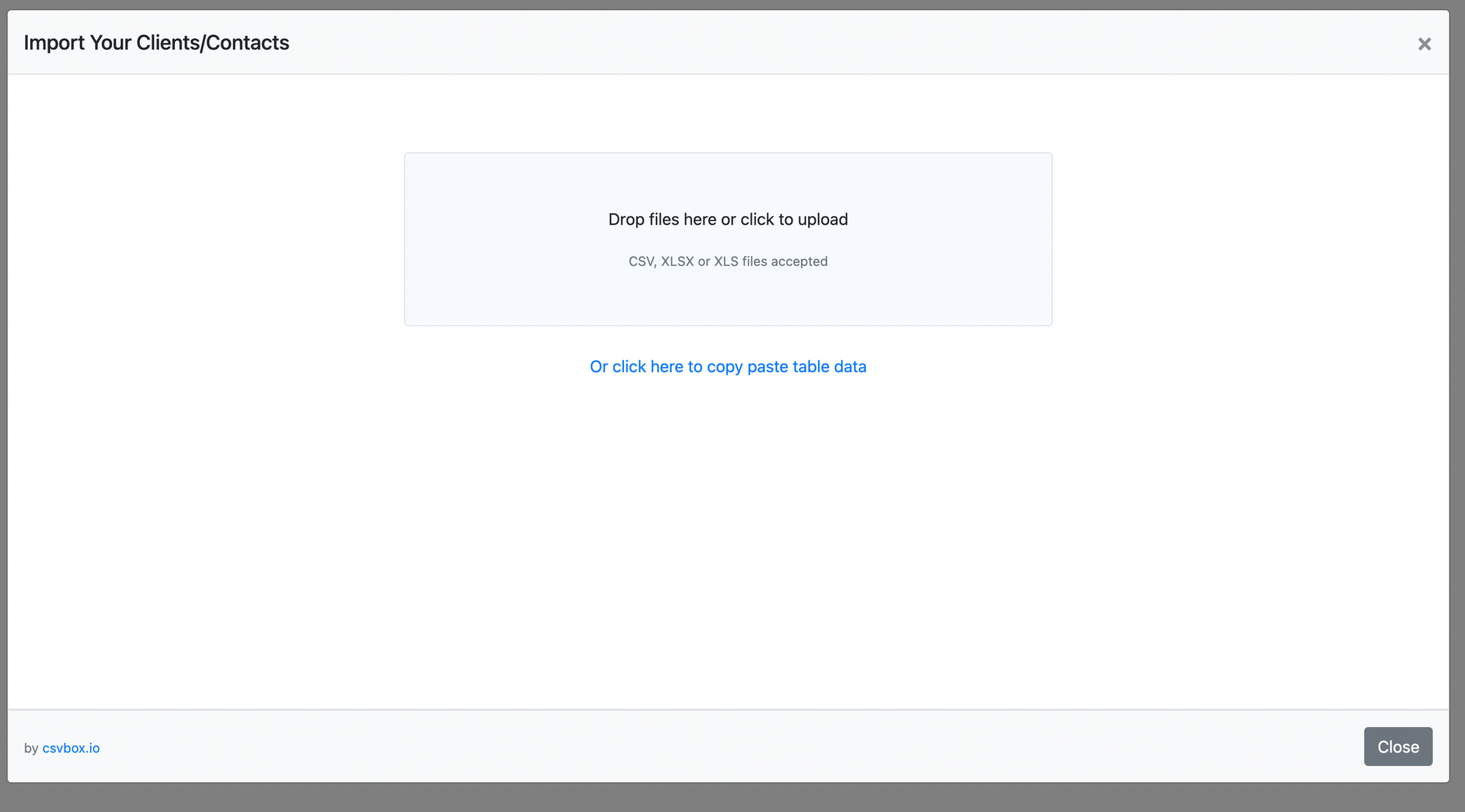
4. Train your team: Provide comprehensive training to your team members on how to use the CRM effectively. This ensures that everyone understands the new system and can make the most of its features.
5. Set up workflows and processes: Customize the CRM to match your studio's workflows and processes. Set up task templates, email automation, and any other features that will streamline your operations.
6. Communicate with clients: Inform your clients about the new CRM and how it will benefit them. Show them how they can access project files, communicate with your team, and stay updated on project progress.
7. Monitor and optimize: Keep a close eye on how the CRM is being used and monitor its impact on your studio's operations. Gather feedback from your team and clients to identify areas for improvement and make necessary adjustments.
By following these steps, you can successfully implement a recording studio CRM in your studio and reap the benefits of improved organization, efficiency, and client satisfaction.
Best practices for using a recording studio CRM
To make the most of your recording studio CRM, consider implementing these best practices:
1. Consistent data entry: Encourage your team members to enter client data consistently and accurately. This ensures that your CRM remains organized and reliable.
2. Regular updates: Keep your CRM up to date with the latest client information, project details, and financial records. Regularly review and update the data to maintain accuracy.
3. Utilize automation: Take advantage of the CRM's automation features to save time and improve efficiency. Set up email templates, task reminders, and other automated workflows to streamline your operations.
4. Collaborate effectively: Use the CRM's collaboration features to communicate and collaborate with your team members and clients. Share project files, leave comments, and keep everyone informed about project developments.
5. Track key metrics: Leverage the reporting and analytics capabilities of your CRM to track key metrics like project completion rates, client satisfaction, and revenue. Use these insights to identify areas for improvement and make data-driven decisions.
6. Regularly train your team: Keep your team members up to date with the CRM's features and best practices. Provide ongoing training and support to ensure everyone is maximizing the CRM's potential.
By following these best practices, you can optimize your use of a recording studio CRM and enjoy the full range of benefits it offers.
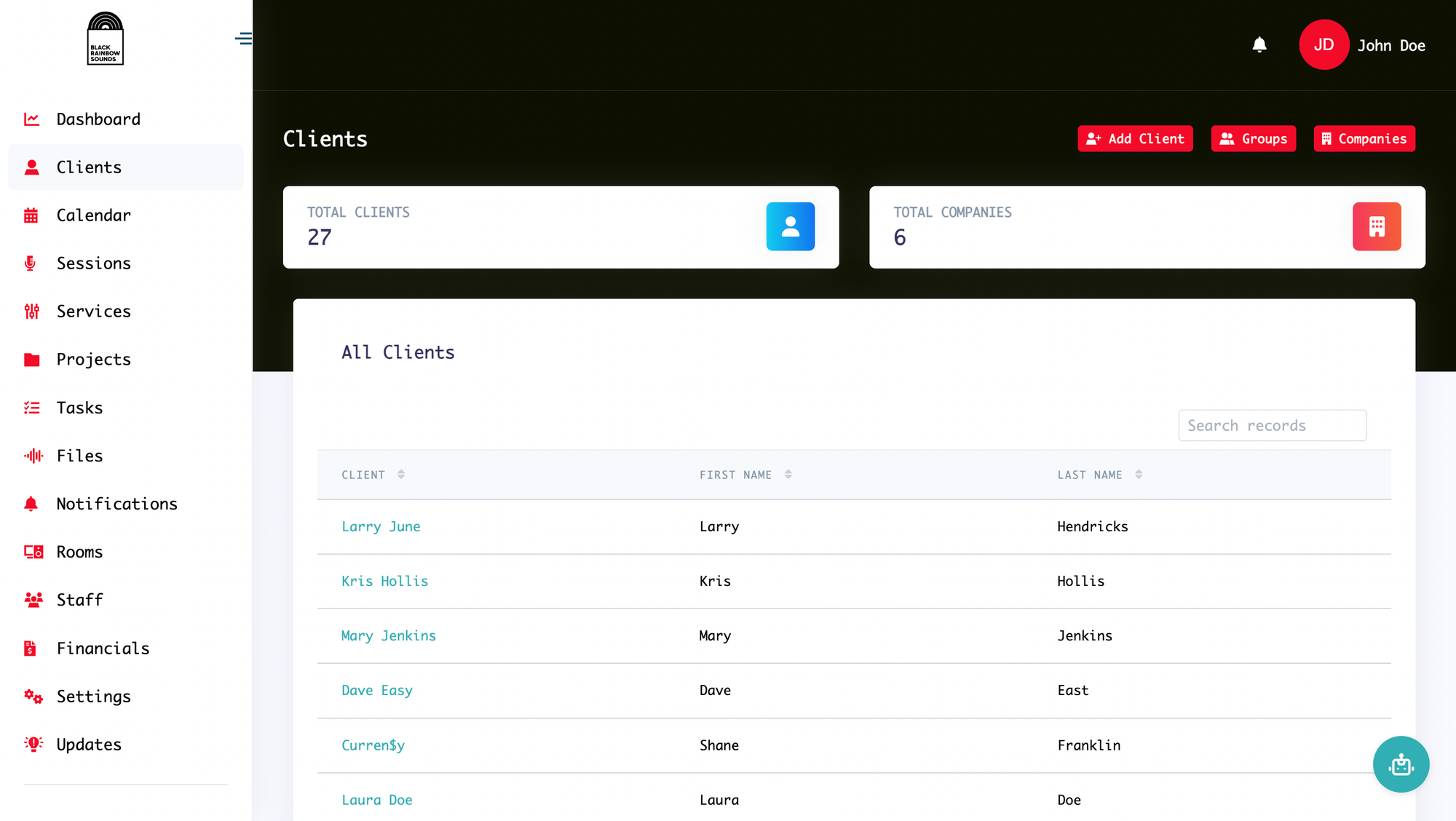
Case studies: How recording studios have benefited from using a CRM
Real-world examples can illustrate the impact of a recording studio CRM on studio operations and success. Here are a few case studies showcasing how recording studios have benefited from using a CRM:
Case Study 1: Atlanta Sound
Atlanta Sound is a recording studio that struggled with managing client relationships and project details. They often faced challenges in tracking project progress and ensuring effective communication with clients. After implementing a recording studio CRM, Atlanta Sound experienced significant improvements. They were able to consolidate all client data, track project progress in real-time, and communicate seamlessly with clients. As a result, they saw increased client satisfaction, streamlined workflow, and improved overall productivity.
Case Study 2: 1200 Music Management
1200 Music Management is a recording studio that struggled with maintaining efficient communication with their clients and team members. They often faced delays and miscommunication due to relying on multiple platforms for communication. After implementing a recording studio CRM, 1200 Music Management experienced improved communication and collaboration. The CRM's email integration and task management features allowed them to streamline their communication and centralize all project-related information. This resulted in smoother workflows, faster response times, and enhanced client satisfaction.
These case studies demonstrate the tangible benefits that recording studios can achieve by implementing a CRM. Whether it's improving client relationships, automating administrative tasks, or enhancing communication, a recording studio CRM can truly transform your studio's operations.
Conclusion
Running a recording studio is a challenging feat. It’s a juggling act that most studios can’t keep up with. There is so much to keep track of and your day can get away from you if you don’t have a system in place.
A CRM like AudioDope Studio Manager will allow you to keep track of communication channels, manage product and service income, monitor your reputation and reviews, and organize recorded content. It’s the perfect solution for anyone in the creative industry.
